How Lisbon City Hall is protecting historic businesses across the city
The Portuguese capital is working to preserve and promote traditional retailers through Lojas com História, a municipal programme aimed at protection of cultural identity and urban regeneration.
Ginjinha Sem Rival, a traditional cherry liqueur bar near Praça dos Restauradores in Lisbon, is facing eviction. Opened in 1890, it’s one of the city’s many historic independent businesses and is being supported in its battle for survival by City Hall. About 10 years ago, the municipal government began recording the city’s oldest shops in a programme called Lojas com História (“shops with history”). Its aim is to support retailers considered key to Lisbon’s identity.
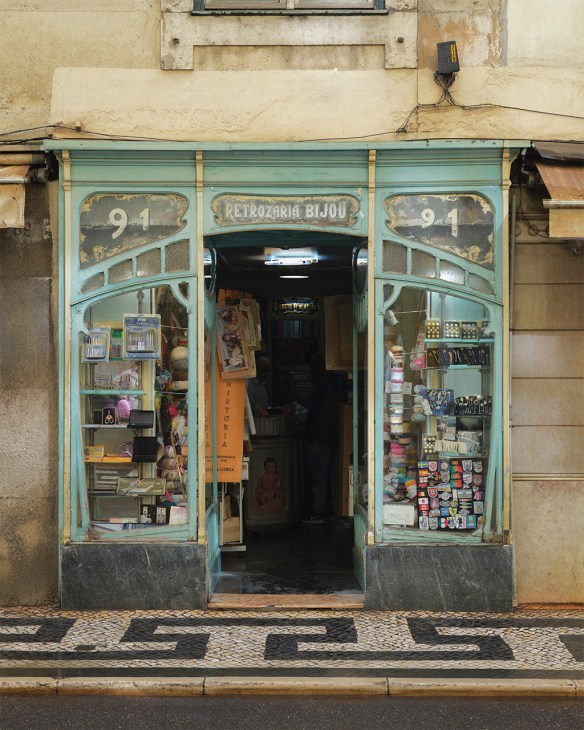
91 Rua da Conceição
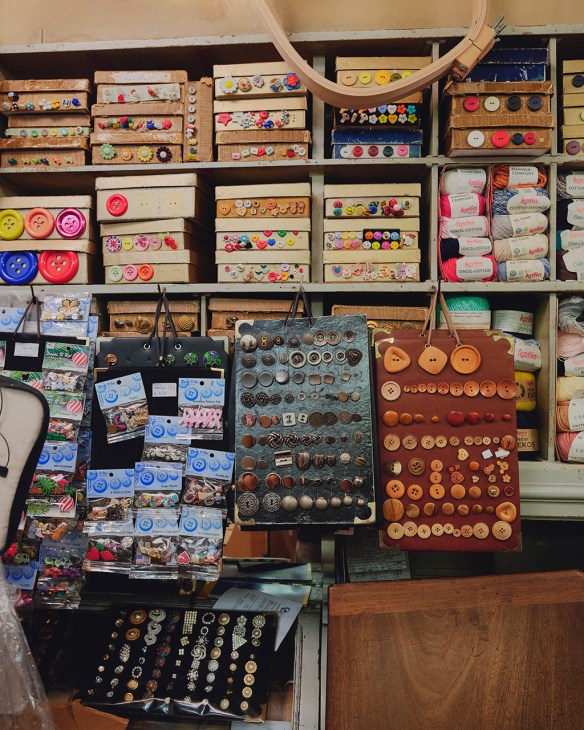
“Our job was to articulate the different layers and define a working method,” says designer Álbio Nascimento, one of several members of a team formed by the Design Department of the Faculty of Fine Arts of Lisbon and representatives from City Hall, assembled at the initiative of council woman Graça Fonseca. The group collaborated with experts from the departments of economy, culture and urbanism to establish 20 criteria defined by the design team that businesses must meet to qualify. Inclusion grants financial support for architectural preservation and protection from eviction – a serious threat as Lisbon’s property prices continue to soar.
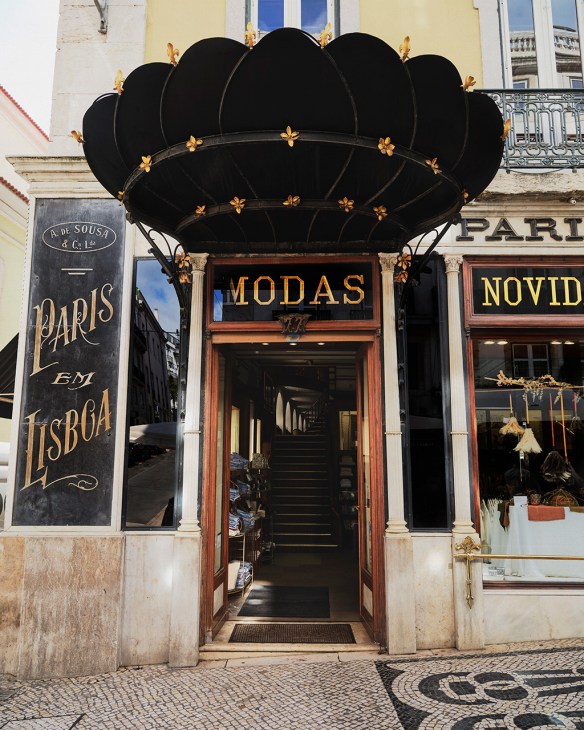
77 Rua Garrett
This shop spans three floors that are filled with bed linen, tablecloths, towels and more. It originally opened in 1888 as a fashion house.
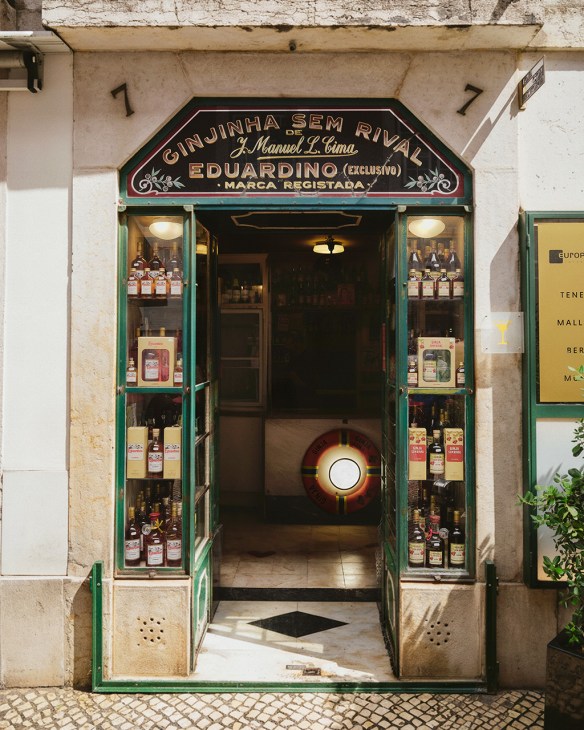
7 Rua das Portas de Santo Antão
This liqueur shop has been selling its own-brand bottles since the 1800s – yet its future is uncertain as owners consider other options for the site.

34 Rua dos Bacalhoeiros
Since 1930, this has been the best place to buy canned seafood from some of Portugal’s oldest brands. Sardines, tuna, octopus – it’s all here.
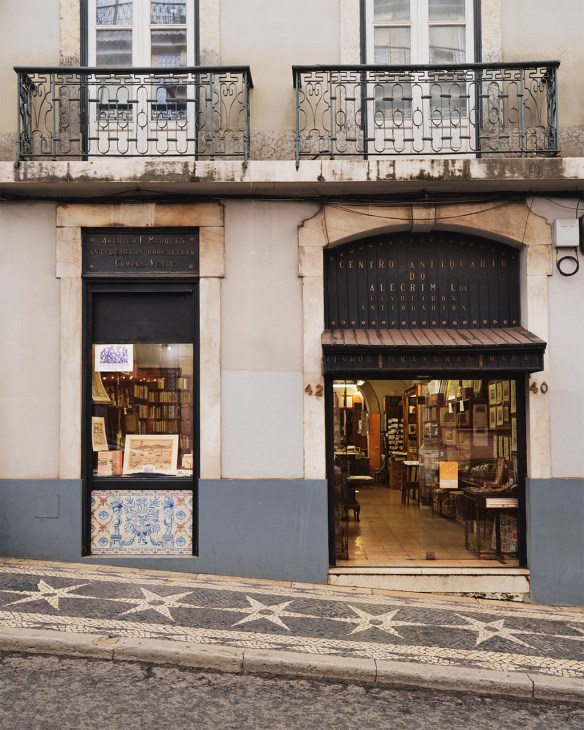
40 Rua do Alecrim
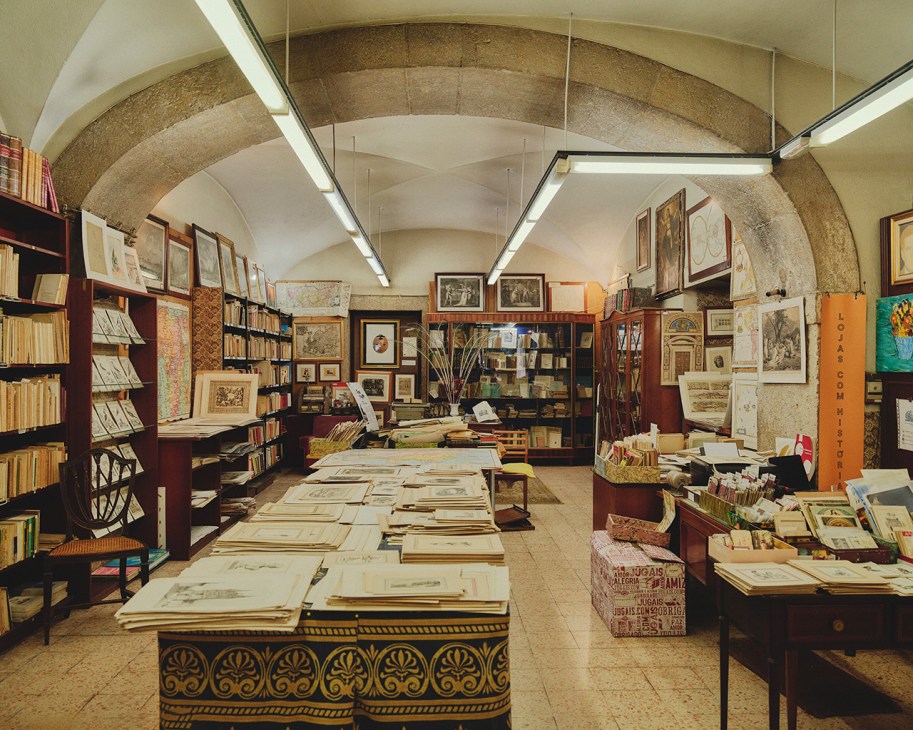
Longevity, history, architecture, expertise, uniqueness and social impact all feature among the criteria. “We asked to see old invoices, packaging and visiting cards and found so much history,” says Nascimento. By the end of the first research stage in 2016, the team had identified more than 60 lojas. The second stage opened the programme to applications, with many suggestions coming from customers who feared the loss of their favourite shops. There are now 157 businesses protected by Lojas com História. Other cities should take note. We need independent retail to hold our urban fabric together. “These shops serve you, feed you,” says Nascimento. “They’re part of your life.”
lojascomhistoria.pt


